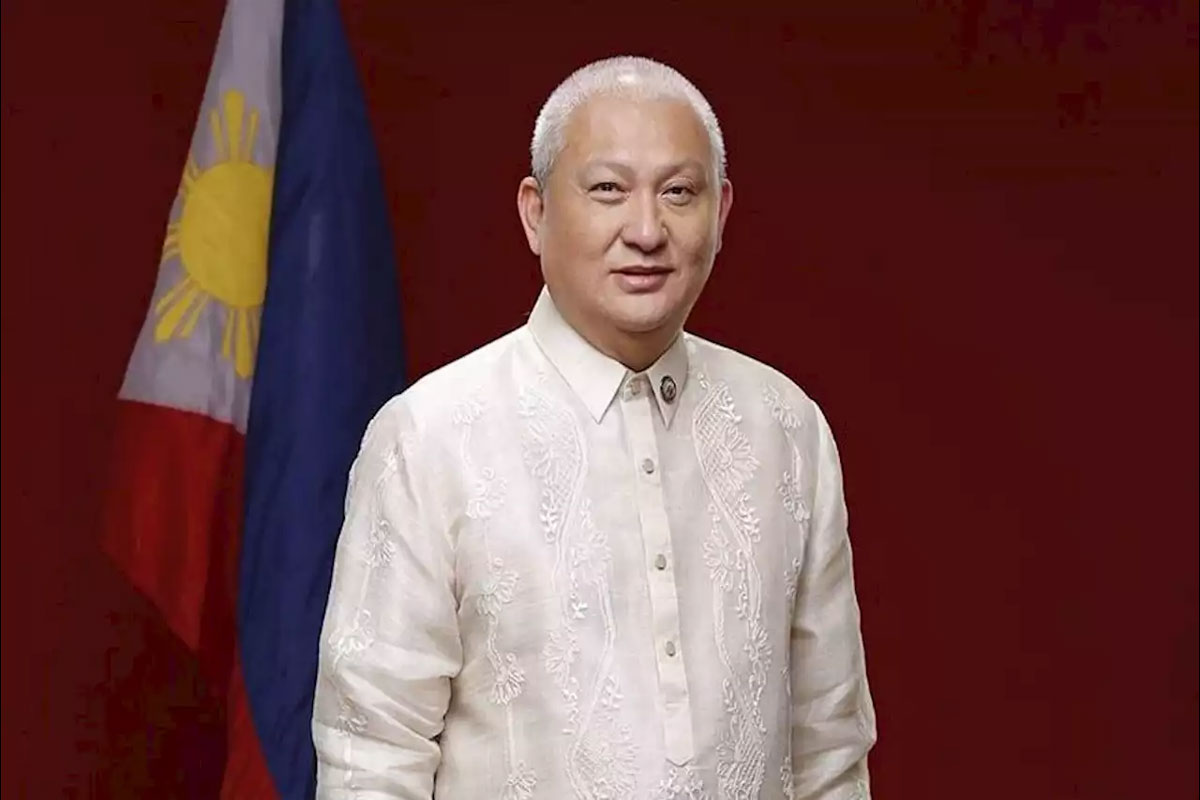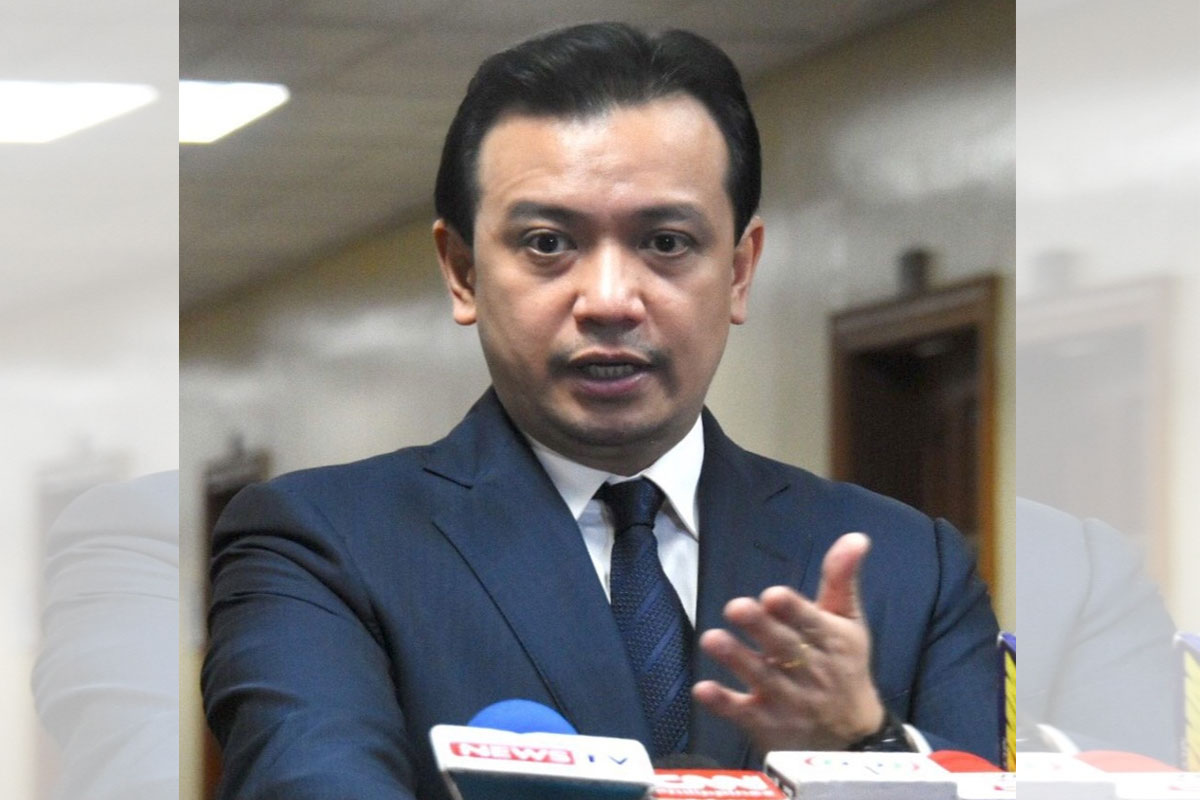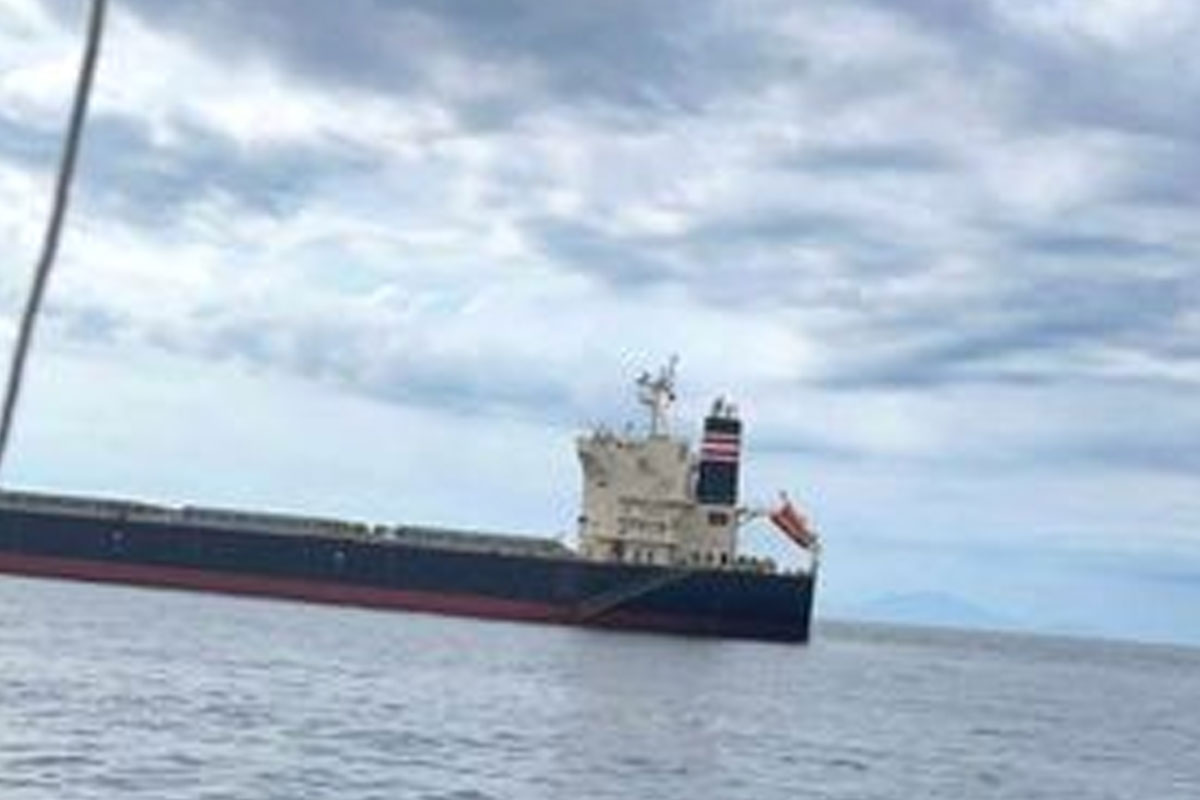
MIF to boost infra dev’t – Pimentel
SURIGAO del Sur Representative Johnny Pimentel on Monday said he foresees the planned state-run Maharlika Investment Fund (MIF) venturing into infrastructure development solutions instead of merely holding passive assets such as fixed-income instruments, equities and bonds.
“If we look at Indonesia, they are actually using their newly established sovereign wealth fund to attract private partners that can co-invest in developing highly productive infrastructure assets,” Pimentel said.
“New railways, toll expressways, and airports create more jobs that benefit low-income Filipino families. They also expand the markets for small and medium-sized enterprises that comprise 99 percent of all registered businesses in the country,” Pimentel said.
Besides improving the mobility of people and goods, these projects also provide recurring revenue streams from train fares, toll levies, and terminal fees, as well as leasing and retail opportunities, according to Pimentel.
“In fact, some of the largest Filipino private conglomerates have found it gainful to embark on tollways and rail transit systems, while others are going into aviation,” Pimentel said.
The House of Representatives in December passed on the third and final reading of the bill seeking to establish the MIF as the Philippines’ first “sovereign wealth fund.”
“We are confident the Senate will pass the bill after giving it a fair hearing and putting in further improvements,” Pimentel said.
President Ferdinand R. Marcos Jr. had earlier certified the bill as urgent.
Under House Bill (HB) No. 6608, the MIF may invest in a wide range of real and financial assets to generate long-term social wealth savings and to fuel national economic development.
The MIF’s permissible investments include joint ventures and infrastructure projects.
At least 20% of the net profits of the Maharlika Investment Corp. – the entity that would manage the MIF – would be remitted to the national treasury “to be earmarked for social welfare projects.”
Nearly 50 countries around the world have established sovereign wealth funds, many of which are funded by surplus government revenues or reserves.
















